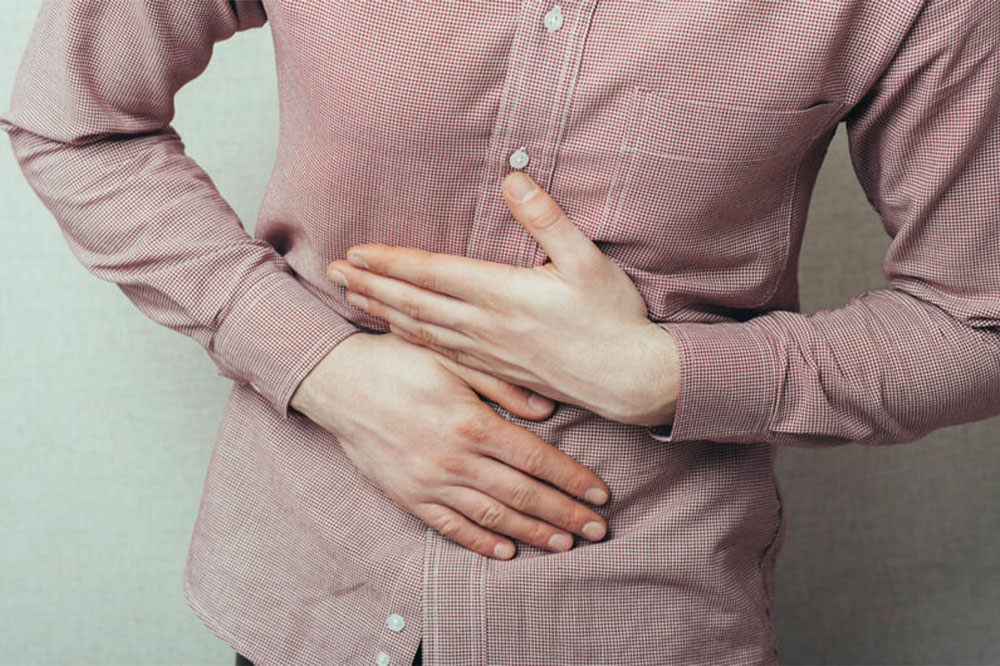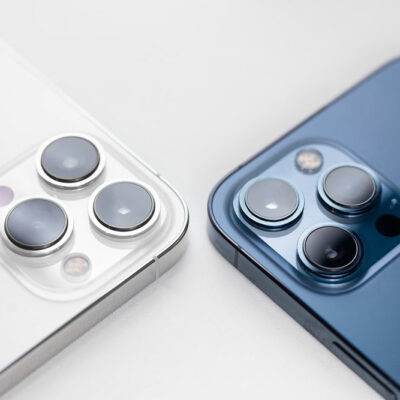
5 ways to live healthy with hemophilia
Hemophilia is a rare disorder wherein the blood doesn’t clot as it should due to the lack of sufficient blood-clotting proteins. So a person affected by the condition will experience bleeds for longer spans before clotting occurs. Hemophilia can also trigger internal bleeding, especially bleeding inside the knees, elbows, and ankles that might be life-threatening. Though treatments cannot cure hemophilia, here are five tips to stay healthy when dealing with hemophilia. Eating specific foods The food we eat plays a vital role in providing the necessary nutrition to the body. It also improves one’s overall well-being. As for hemophilia, people affected by the condition must eat foods like oats, whole wheat, barley, brown rice, broccoli, spinach, and dried beans. These foods are abundant in protein, iron, vitamin C, vitamin B12, copper, vitamin B6, and folic acid, which are involved in red blood cell production. Maintaining oral hygiene Brushing teeth is essential for healthy living in patients with hemophilia. Those with the blood disorder can bleed heavily from injuries sustained to their teeth or gums. Therefore, brushing helps stay away from visits to the dentist that may result in gum bleeding. Maintaining oral hygiene also helps eliminate germs from the teeth and gums.
Read More 










